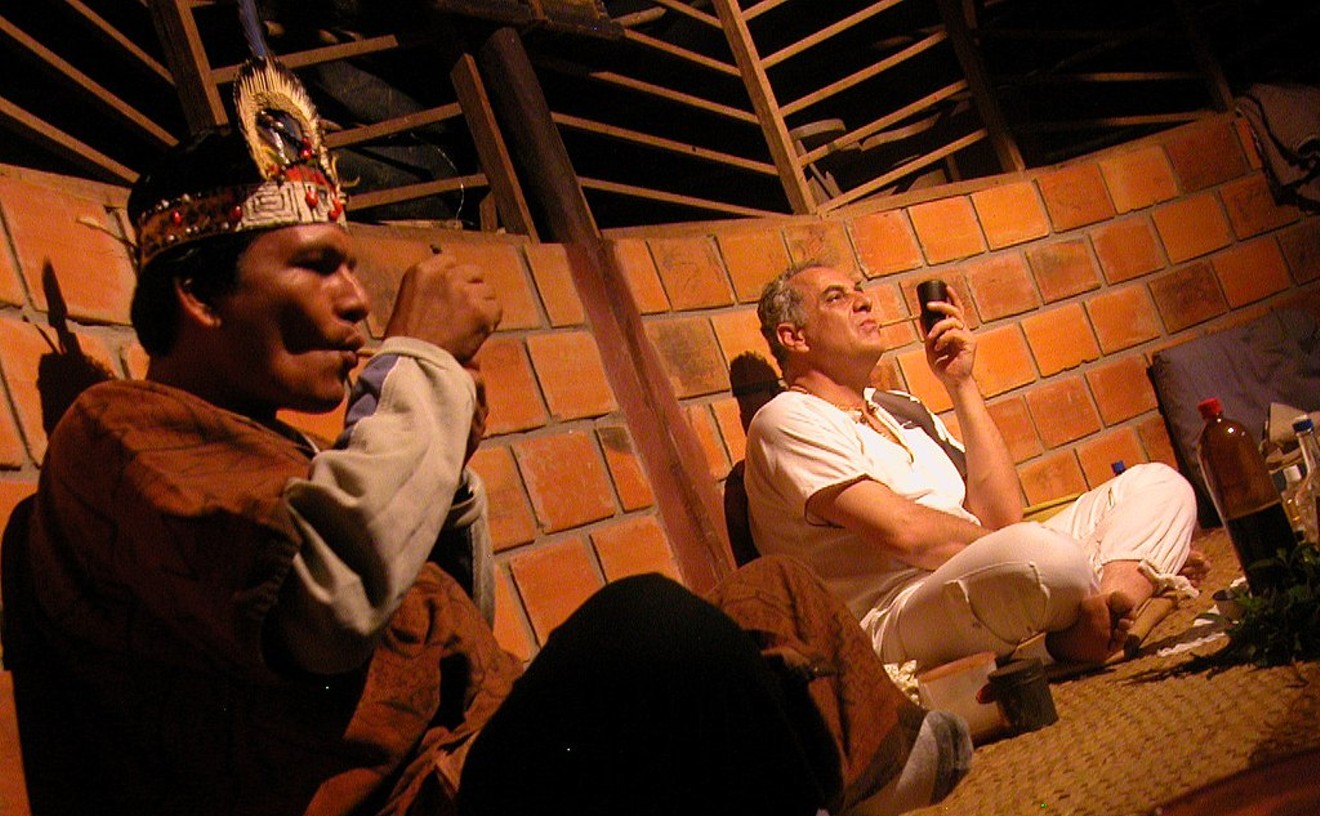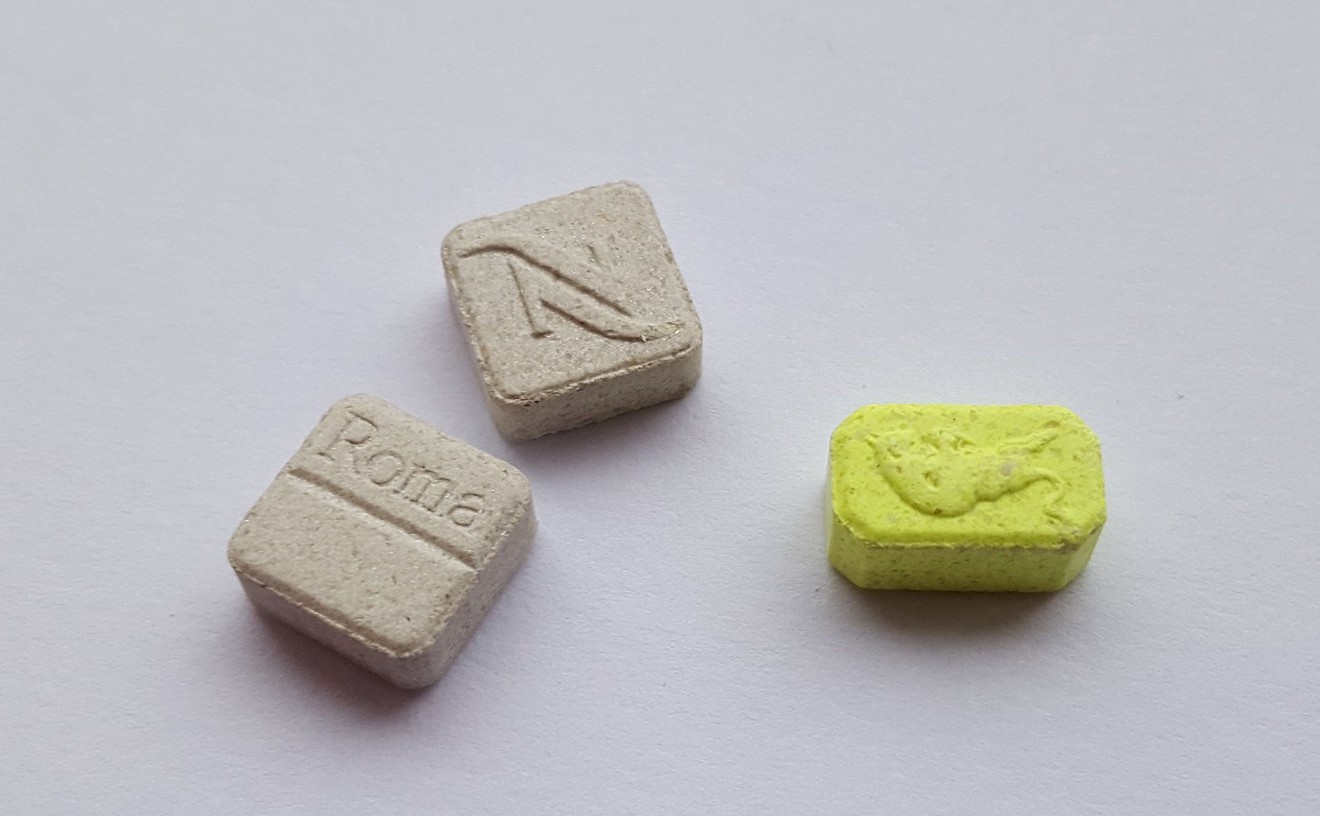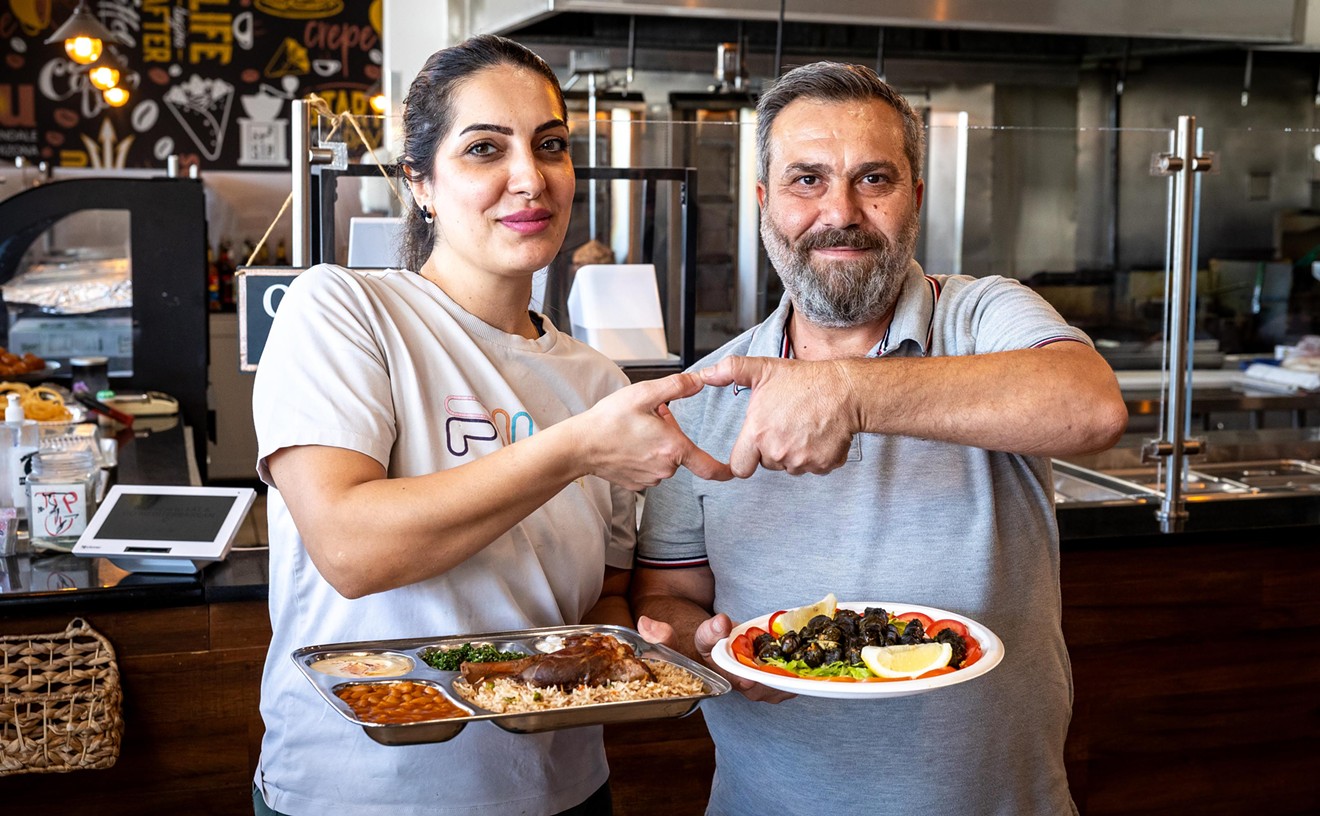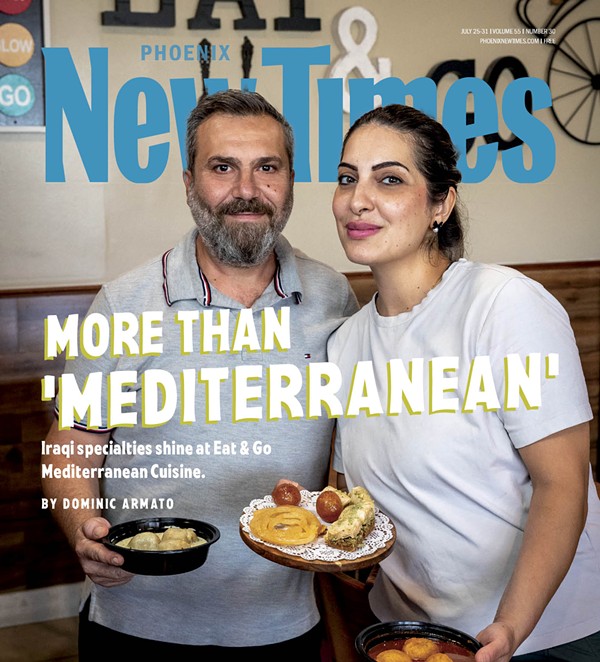A year ago, southern Arizona's largest cannabis-infused product manufacturing operation underwent a risky business move. In a landmark $30 million sale, Halo Infusions shed its retail and cultivation licenses to focus on the production of its award-winning infused products.
"Selling the licenses enabled us to focus on our first true love – infused products," Murray Stein, CEO of Halo Infusions said in a press release. "Without the distraction of the demands of retail, we felt that the 10 years of infusion experience we've gained would prepare us for even greater opportunities."
But Stein's vision for Halo Infusions extends far beyond THC-infused edibles. A veteran of Silicon Valley's tech boom, Stein is taking a process-oriented approach that could revolutionize Arizona's budding cannabis industry. As a part of Stein's plan, Halo is constructing a $2.5 million state-of-the-art kitchen in Tucson that will provide more than 7,000 square feet of manufacturing space and support seven separate production lines. Halo is based in Tucson and has partner facilities in Phoenix.
Currently, Arizona's 200 highly coveted marijuana establishment licenses require license holders to own and operate a dispensary. The holder also can operate approved production and cultivation facilities. As it stands, the licensing structure is designed to support vertical integration — companies that grow, manufacture, and sell their own products.
On the surface, the current structure is functioning well. However, for businesses that want to focus solely on edible production, the licensing protocol leaves a lot to be desired.
"Our market is becoming increasingly corporate dominant through the multistate operators, and it's limiting the ability of smaller companies to have skin in the game. We'd like to be disruptive to that system. We want to create an even playing field that is great for everybody," Stein said in an interview with Phoenix New Times.
Under Arizona's licensing program, license holders have the ability to expand their operations into multiple brands. Halo currently produces several edible lines, including Aunt Ellie's, Cannabliss, Canna Confections, Chronic Health, and Pure & Simple. But the company is looking to expand.
"Our new kitchen will enable us to do several exciting things we couldn't before. For example, we're planning a white-label operation for smaller operators to help establish and build to their own brands. And we expect to provide manufacturing facilities and support to enable independent — even currently out-of-state — brands to better penetrate this market," Halo CFO Linda Bell said in a press release.
Access to pristine manufacturing space is just one of the perks of partnering with Halo. Stein also plans to create a full-service program that will help independent manufacturers conduct research and development and establish branding. Partners also will have access to Stein's proprietary ticketing system that tracks products from production to testing. This system will allow producers to easily make adjustments to their product lines.
"We were planning this kitchen for over a year and came up with so many ways of taking our expertise and letting others benefit from it," Stein explained. "We've developed the processes, and we're very process-driven here — everything's written down and accessible to the team, and we do a lot of training. So we thought, 'Why don't we make that part of what we offer?'"
Halo's production facility is set to open this summer, but it will be some time before Stein's dream program gets underway.
"We are going to be particular about who we partner with. We are going to ask to see their business plan. We are going to want to know that they are serious," Stein said. "We want to work with serious, thoughtful people."
Stein added that while he has had conversations with "half a dozen companies," he is still refining his idea. "The challenge here is to figure out how far we want to go," he said. "We believe that to be successful, we need to make sure we have a well-thought-out plan."
[
{
"name": "Air - MediumRectangle - Inline Content - Mobile Display Size",
"component": "18478561",
"insertPoint": "2",
"requiredCountToDisplay": "2",
"watchElement": ".fdn-content-body",
"astAdList": [
{
"adType": "rectangle",
"displayTargets": "mobile"
}
]
},{
"name": "Editor Picks",
"component": "16759093",
"insertPoint": "4",
"requiredCountToDisplay": "1",
"watchElement": ".fdn-content-body",
"astAdList": [
{
"adType": "rectangle",
"displayTargets": "desktop|tablet"
},{
"adType": "rectangle",
"displayTargets": "desktop|tablet|mobile"
}
]
},{
"name": "Inline Links",
"component": "17980324",
"insertPoint": "8th",
"startingPoint": 8,
"requiredCountToDisplay": "7",
"maxInsertions": 25
},{
"name": "Air - MediumRectangle - Combo - Inline Content",
"component": "16759092",
"insertPoint": "8th",
"startingPoint": 8,
"requiredCountToDisplay": "7",
"maxInsertions": 25,
"watchElement": ".fdn-content-body",
"astAdList": [
{
"adType": "rectangle",
"displayTargets": "desktop|tablet"
},{
"adType": "rectangle",
"displayTargets": "desktop|tablet|mobile"
}
]
},{
"name": "Inline Links",
"component": "17980324",
"insertPoint": "8th",
"startingPoint": 12,
"requiredCountToDisplay": "11",
"maxInsertions": 24
},{
"name": "Air - Leaderboard Tower - Combo - Inline Content",
"component": "16759094",
"insertPoint": "8th",
"startingPoint": 12,
"requiredCountToDisplay": "11",
"maxInsertions": 24,
"watchElement": ".fdn-content-body",
"astAdList": [
{
"adType": "leaderboardInlineContent",
"displayTargets": "desktop|tablet"
},{
"adType": "tower",
"displayTargets": "mobile"
}
]
}
]












